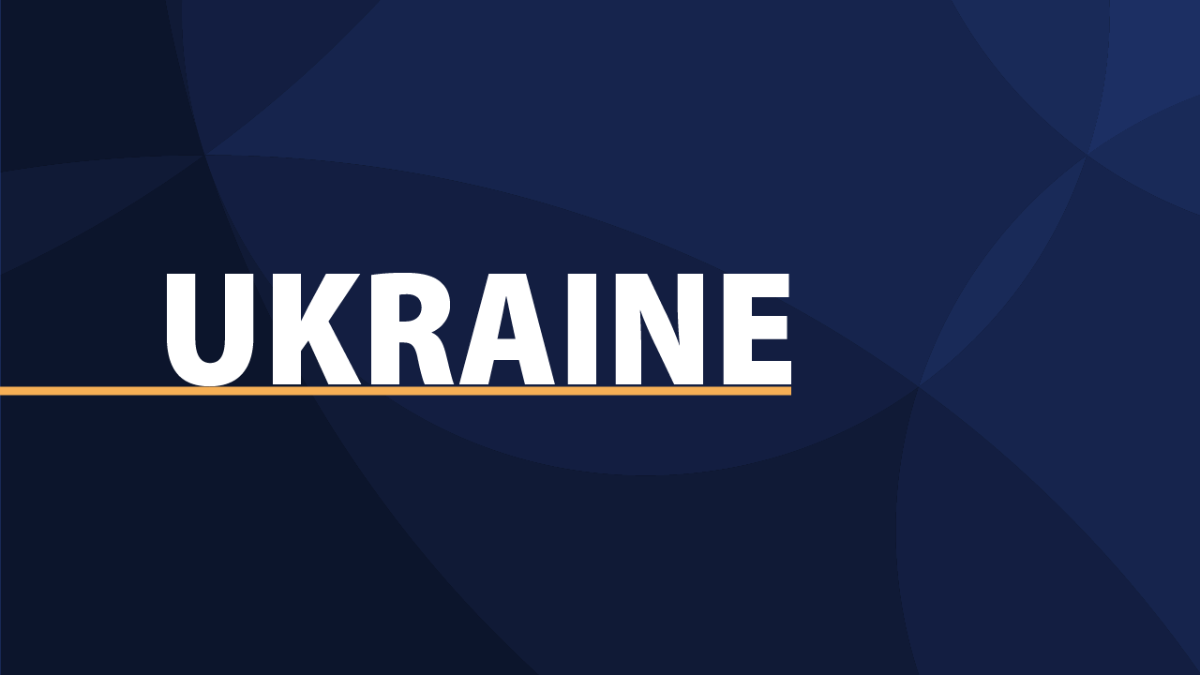People fleeing Ukraine may start working immediately after applying for temporary protection

People who have applied for temporary protection have the right to work in Finland as soon as they have submitted their application. In other words, they do not need to wait for a residence permit or a residence permit card to be issued to be able to work. A certificate of registration is sufficient.
In future, the police or the border authorities will issue applicants for temporary protection with a certificate stating that their application has been registered. Those who have applied for temporary protection earlier may, if necessary, request such a certificate from the Finnish Immigration Service.
The Finnish Immigration Service will inform its clients of the change and update its instructions.
The Commission has clarified the interpretation of the Directive
Temporary protection is based on the EU Directive on Temporary Protection. The basic premise of the Directive is that a person within the scope of the Directive will receive protection. For this reason, it does not contain any separate provisions specifying when the rights related to protection begin.
The European Commission has clarified the interpretation of the Directive so that a person’s right to work begins when they submit an application for temporary protection and receive a certificate proving that their application has been registered. If it is later determined that a person is not entitled to temporary protection, the application may be rejected and the right to work revoked.
Under the Aliens Act, a person has the right to work in Finland if they have a residence permit on the basis of temporary protection. The Aliens Act does not contain any separate provisions specifying when the right begins. Until now, however, the provision has been interpreted to mean that the right to work begins when a residence permit has been granted. This way, it has been possible to ensure that the person concerned is entitled to temporary protection and the situation will not cause any confusion or inconvenience to the employee or the employer at a later stage. However, the time when a person has been able to start working has depended on the processing time of the application.
In accordance with the new policy, a person can start working immediately after applying for temporary protection. This is achieved by interpreting the provision of the current Act in accordance with the purpose and objective of the Directive. A possible amendment to the Aliens Act to support this policy will be made later.
Aim is to help people fleeing Ukraine settle into everyday life quickly
The Temporary Protection Directive is now being applied throughout the EU for the first time. This is also the first time that residence permits on the basis of temporary protection are granted in Finland. The situation of people entitled to temporary protection has involved many open questions, and the authorities have worked in close cooperation with each other to resolve them. The work to further specify and streamline the practices continues.
The new situation requires that the authorities continuously assess the situation and solve any problems that may arise. At the end of March, the Finnish Immigration Service made changes to its technical systems, speeding up the processing of applications for temporary protection. Due to these changes, applicants are now served with a decision quicker than before. The aim is to further speed up the processing through automation.
The objective of all activities is to help people fleeing Ukraine settle into everyday life and access working life and services of our society as quickly as possible.
Inquiries:
Kukka Krüger, Chief Specialist, Ministry of the Interior, tel. +358 295 488 270, [email protected]
Susanna Piepponen, Senior Specialist, Ministry of Economic Affairs and Employment, tel. +358 295 047 990, [email protected]